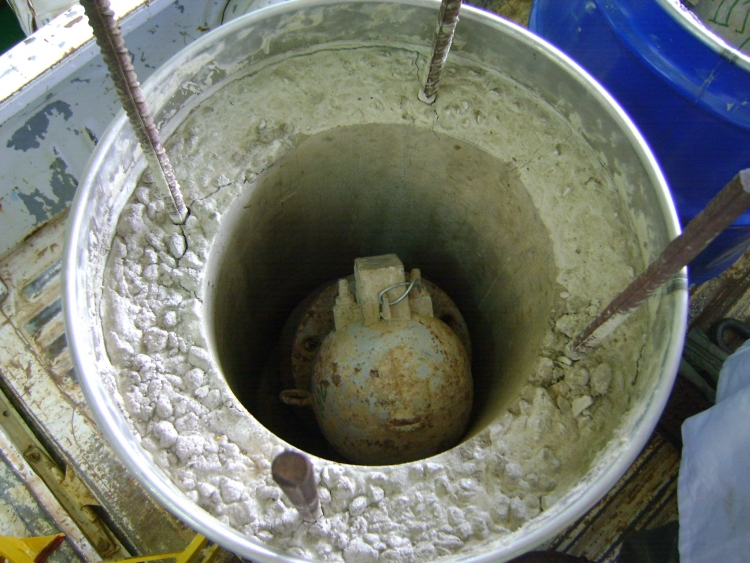Nuclear applications can bring extensive benefits in different areas in medicine, agriculture, industry, research or others. However, some of these applications generate radioactive waste that needs to be properly managed to avoid potential risks to people and the environment. The IAEA promotes and develops two important aspects of radioactive waste management: a universally applicable safety regime through the development of safety standards, and the application of safe and proven technologies in radioactive waste management.
The IAEA, in cooperation with the Centre national de l'énergie, des sciences et des techniques nucléaires (CNESTEN) in Morocco, recently organized a regional, hands-on training course under the scope of the technical cooperation (TC) project RAF9054, 'Strengthening Radioactive Waste Management (AFRA)'. This is the first in a series of four training courses that the IAEA and CNESTEN will deliver under RAF9054, in both French and English, with support from the European Commission.
The course combined theoretical lectures with practical exercises under the supervision of a well-known expert in the field, within a controlled environment. The 16 trainees from French-speaking countries were involved in all phases of the waste management activities, and had the opportunity to apply in practice the theoretical knowledge they had garnered in general training courses on radioactive waste management.
The practical training covered the management of small volumes of low level radioactive waste generated in the application of radioactive material in medicine, industry, research and education. During this particular training course only low activity (Categories 3-5) Disused Sealed Radioactive Sources (DSRS) were handled. The training targeted operators who collect, process, store and dispose of the radioactive waste generated in their respective countries. The hands-on training was highly valued by the trainees.
At the end of the training course, the trainees received their training certificates. They will bring valuable expertise back to their countries, and will contribute to improved radioactive waste management practices in Africa.
| Project RAF9054 is conducted by the IAEA, and co-funded by the European Union. |





